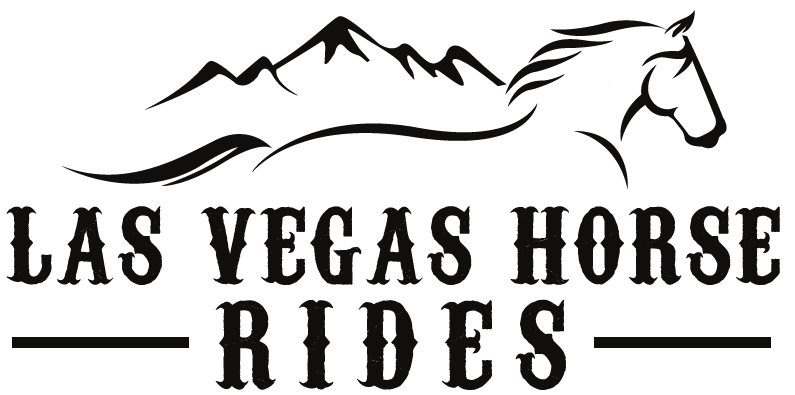A common misconception among many people is that a collective bargaining agreement (CBA) is the same as a union. However, this is not true. A collective bargaining agreement is a contract that outlines the terms and conditions of employment between an employer and its employees. On the other hand, a union is an organization that represents the collective interests of workers in a particular industry or sector.
The purpose of a CBA is to ensure that employees are fairly compensated for their work, and that their rights and benefits are protected. This agreement is negotiated between the employer and the employees, or their representatives, typically a union. The CBA outlines details such as wages, working hours, vacation time, and other benefits that are important to workers.
A union, on the other hand, is an organization that is formed to represent the interests of workers in a particular industry or sector. Unions negotiate with employers on behalf of their members to secure better wages, benefits, and working conditions. They also provide support and advocacy for workers who experience workplace issues such as discrimination or harassment.
While unions and CBAs are related, they are not the same thing. Unions are often involved in negotiating CBAs on behalf of their members, but not all CBAs are negotiated with the involvement of a union. Additionally, unions do not solely rely on CBAs to secure better working conditions for their members. They also engage in collective action, such as strikes or protests, to advocate for the rights and interests of workers.
In conclusion, a collective bargaining agreement is not the same thing as a union. A CBA is a contract that outlines the terms and conditions of employment between an employer and its employees, while a union is an organization that represents the collective interests of workers in a particular industry or sector. Both CBAs and unions are important tools for ensuring that workers are fairly compensated and protected in the workplace.
